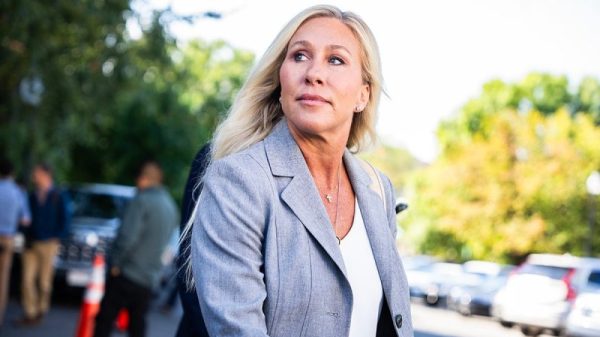A quarter century ago, the American Booksellers Association (ABA), representing independent bookstores’ diminishing ranks, sued large book chains Barnes & Noble and Borders. The suit claimed that the large-volume discounts they received from publishers was illegal price discrimination, “where the effect of such discrimination may be to substantially lessen competition or tend to create a monopoly.”
That 1998 suit painted Barnes & Noble and Borders as having unassailable monopoly power against which no independent bookstore could effectively compete. The ABA lost, but it hasn’t given up. With the increasingly aggressive FTC on the verge of suing Amazon for other alleged antitrust misdeeds, the ABA and others asked them to go after its “unassailable monopoly power in the book market.”
That current effort reveals an ironic, persistent misunderstanding of market competition in bookselling. What happened to big, bad Borders? Gone. It couldn’t compete successfully with what others offered. What about Amazon? It had just launched its website in 1995, despite the supposedly unassailable dominant bookstores, but no one saw it (except perhaps Jeff Bezos) as the new colossus that would replace them as supposedly unassailable. But its rapid subsequent growth not only helped vanquish Borders, it also took a big bite out of Barnes & Noble. But Barnes & Noble’s new management has led a recovery, seeing renewed growth in the number of their stores. How? By having each store act like an independent bookseller, rather than a cookie-cutter copy of every other store, backed by a robust online presence.
Hmm. Independents couldn’t possibly compete with big chains (even though Amazon had entered and was starting its growth, despite the presence of the big chains). But then big chains couldn’t possibly compete with Amazon (unless, of course they learned to act more like independents). And the independents (even those still in business 25 years later) claim they still can’t possibly compete with Amazon. The claims of who can’t possibly compete with whom can’t possibly all be true.
The current claims of the impossibility to compete with Amazon echo similar claims against the once-dominant bookstores. But they also prove that those earlier claims were false.
Both past and present versions also claimed that the problem was dominant sellers unfairly harming independents, which thereby undermined competition. But in that, they misrepresented both what competition means and who was harming less-successful competitors.
Competition is not measured by the number of firms, but by how successfully sellers satisfy the desires of consumers (and it is as consumers that Americans share the most in common). That is why representing competition as harmed whenever there are fewer sellers is so off-base. When one seller attracts more consumers away from other sellers with more attractive offers, it is not that seller who is harming rivals, but the consumers choosing to move to those offering results they prefer — i.e., those who benefit them more — who are harming those being out-competed. That is why you hear far fewer complaints about Amazon from its customers than from its competitors.
The 1998 ABA suit targeted the large-volume discounts the dominant book chains received from publishers. But those quantity discounts benefited consumers. To get them, book sellers had to sell lots of books. And they did, through lower retail prices, wider selection, and the like. That is why ABA’s effort to take away the advantages big chains offered to shoppers were really protectionism for themselves, and anti-consumer rather than pro-consumer. Now while the details of Amazon’s superior offerings are different in some ways, the renewed efforts to regulate away what consumers show they prefer are more of the same.
That is why the current efforts to harm consumers in the name of protecting competition in bookselling are so dangerous. In the past, some court rulings held that quantity discounts somehow hurt competition. Over the past few decades, however, antitrust has moved (though too slowly and haltingly) to a consumer welfare standard, which rejected equating harm to competitors with harm to the competitive process, recognizing that superior offerings from competitors — the essence of competition — necessarily “harm” less-efficient rivals in the process of benefiting consumers.
Unfortunately, the Biden administration has been aggressively touting a return to the regressive policies (both in time and logic) that were left behind for good reasons. And while playing rhetorical games distorting the meaning of competition (usually at the behest of competitors with less-attractive offers) seems to fool many people, one actually need not think too hard to understand the harm. Think of a seller of anything you have continued to buy. Do you want its ability to provide what you like hamstrung or eliminated?





































